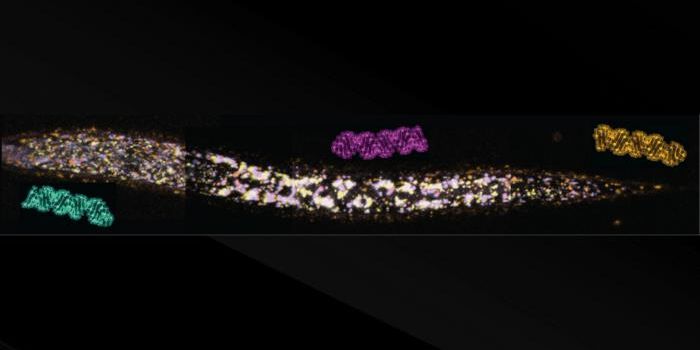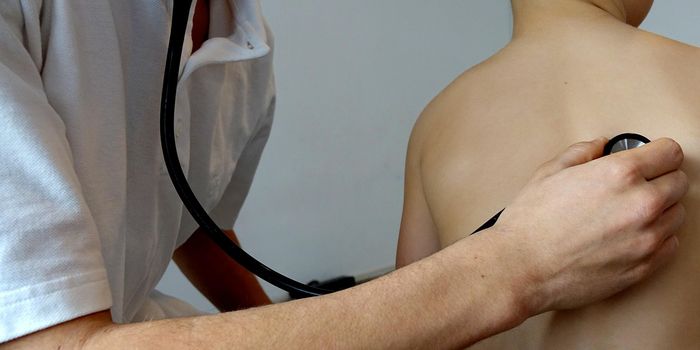Many Women Still Hesitate to Use Hormones for Menopause Symptoms
When a woman enters menopause, it can be a difficult adjustment. Physical issues like hot flashes, night sweats, mood changes and weight gain are reported by many women.
There are a few ways women can deal with these ailments. Hormone replacement therapy, or HRT, is the first choice of many health professionals and women because it's an efficient way to eliminate symptoms that are debilitating. Some women choose to forego HRT and use dietary supplements, herbs, and even acupuncture or yoga.
A recent study by the North American Menopause Society (NAMS) revealed that even though HRT is safe and effective for most patients, women are still reluctant to use it. It seems that many women would prefer to try other methods for menopausal symptom relief first before taking replacement hormones. The fear could stem from two studies published in 2002 and 2003. In one of them, an increased risk of breast cancer was associated with the use of HRT. The other project raised concerns about an increased risk of heart disease and cardiovascular problems. While there were some issues in the methodology of the two studies, and later research found no significant risk for most women, the fear remains with many.
Even health professionals started to question the use of HRT. From the 1960s and on it was practically automatic for doctors to prescribe hormones to women. When medical research raised questions about its use, doctors and patients became more cautious. Hot flashes and night sweats are the most commonly reported side effects of menopause and the two that seem most bothersome in women. Estimates are that about 75% of women in the United States suffer from them and for some, they last for years after menstruation has ceased.
The study reported that even though women "strongly agreed" that HRT was effective in treating hot flashes, most were still unlikely to use them to alleviate their symptoms. The study is one of the first pieces of research on menopause that looked at how women feel about treatment options rather than just studying the physical issues.
Dr. Terry Gibbs, the lead author of the study, explained, "Our findings suggest that women are less willing to use the most empirically validated treatment for hot flashes than other alternative treatment options. Also, their confidence in successful treatment outcomes was not greater for hormone therapy than the other options."
Dr. JoAnn Pinkerton, executive director of NAMS, said that the results of the study were presented at the annual meeting of NAMS earlier this month in Philadephia. She stated, "This study tells us that there remains an unmet need to educate women about the safety and effectiveness of hormone therapy for most symptomatic women. The benefits go beyond the relief of hot flashes and include improvement in night sweats, sleep disruption, prevention of bone loss, and fewer heart events."
The video below features Dr. Pinkerton and has more information on NAMS and their menopause treatment guidelines for women and health professionals.
Sources: NAMS, Women's Health Concern, Breast Cancer News









